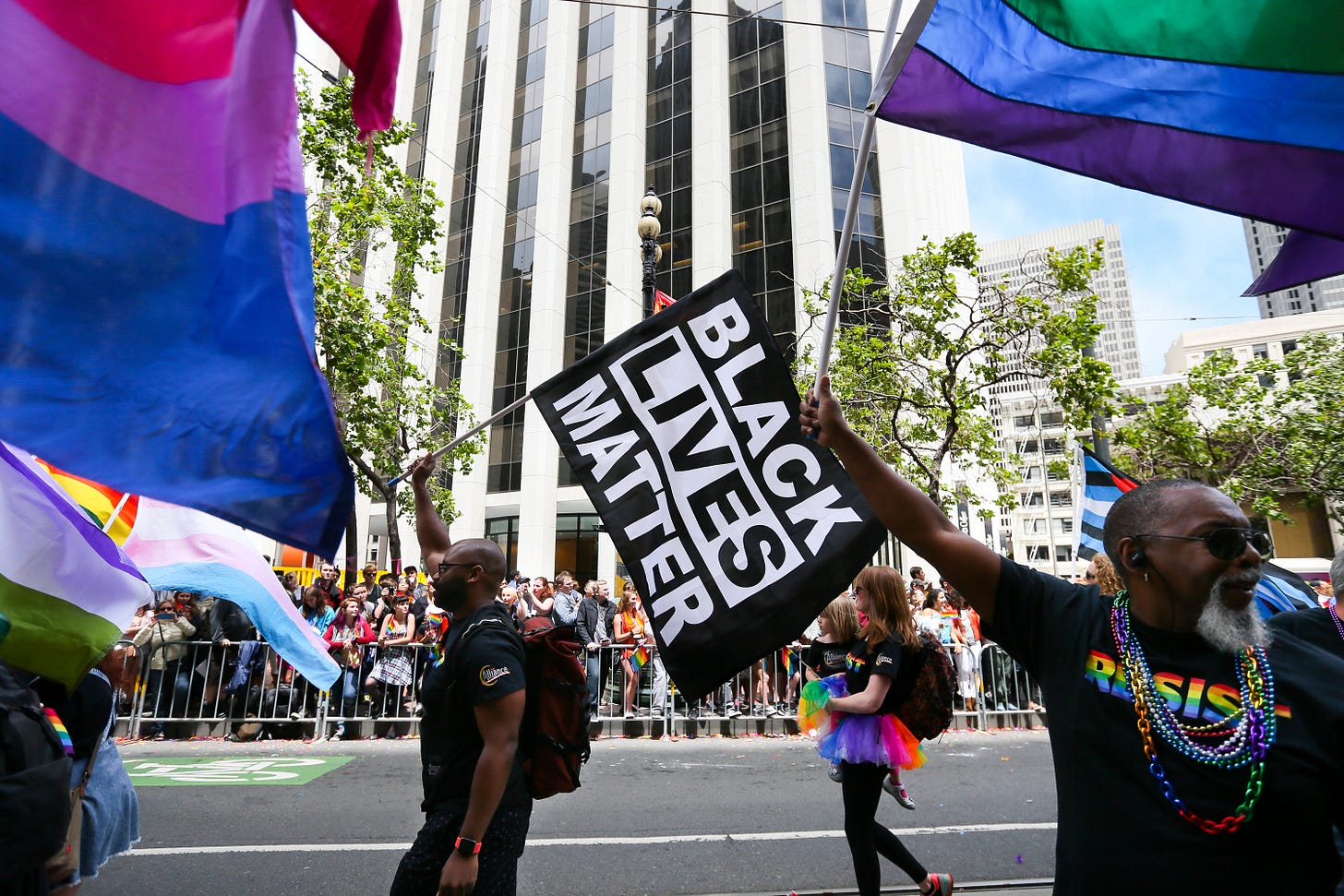Catholic School Stripped of Its Religious Affiliations After Flying Black Lives Matter & LGBT Pride Flags
The Massachusetts middle school is no longer allowed to call itself Catholic, a bishop decided, claiming the flags went against the religion's morals - begging the question as to what these morals are

“Confusing and scandalous” are the words a Catholic bishop in Worcester, Massachusetts used to describe the flags waving outside of a local catholic middle school. It was these flags that prompted the…


